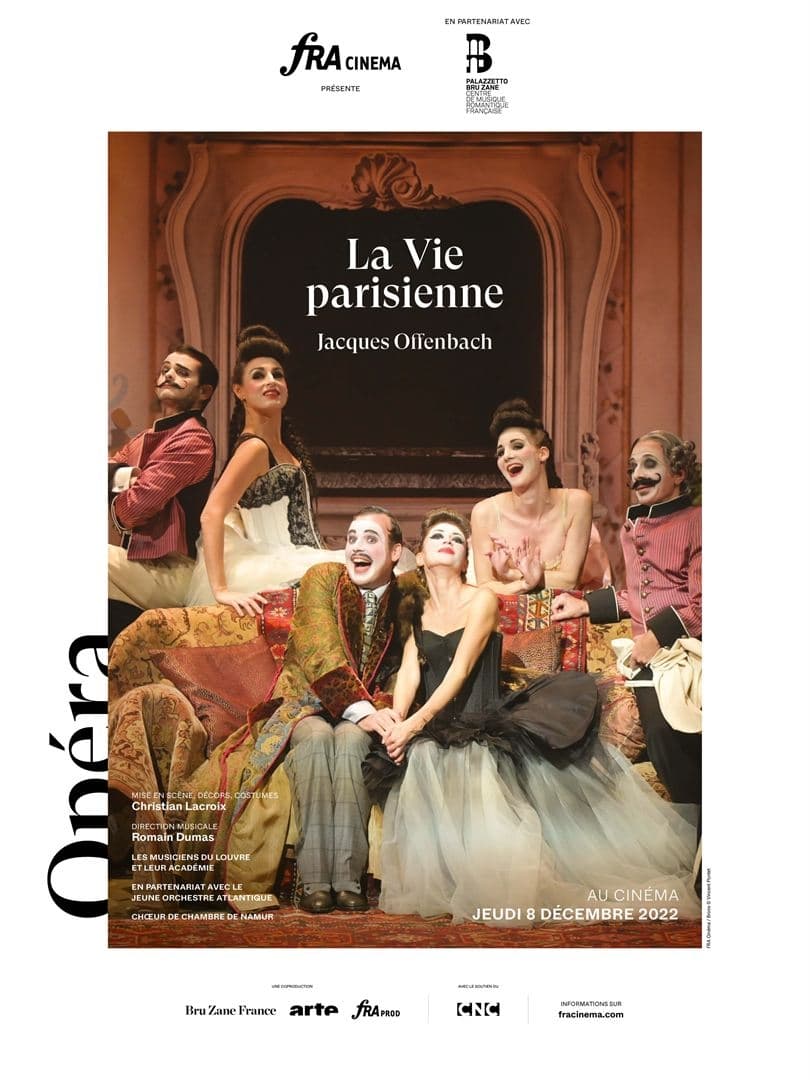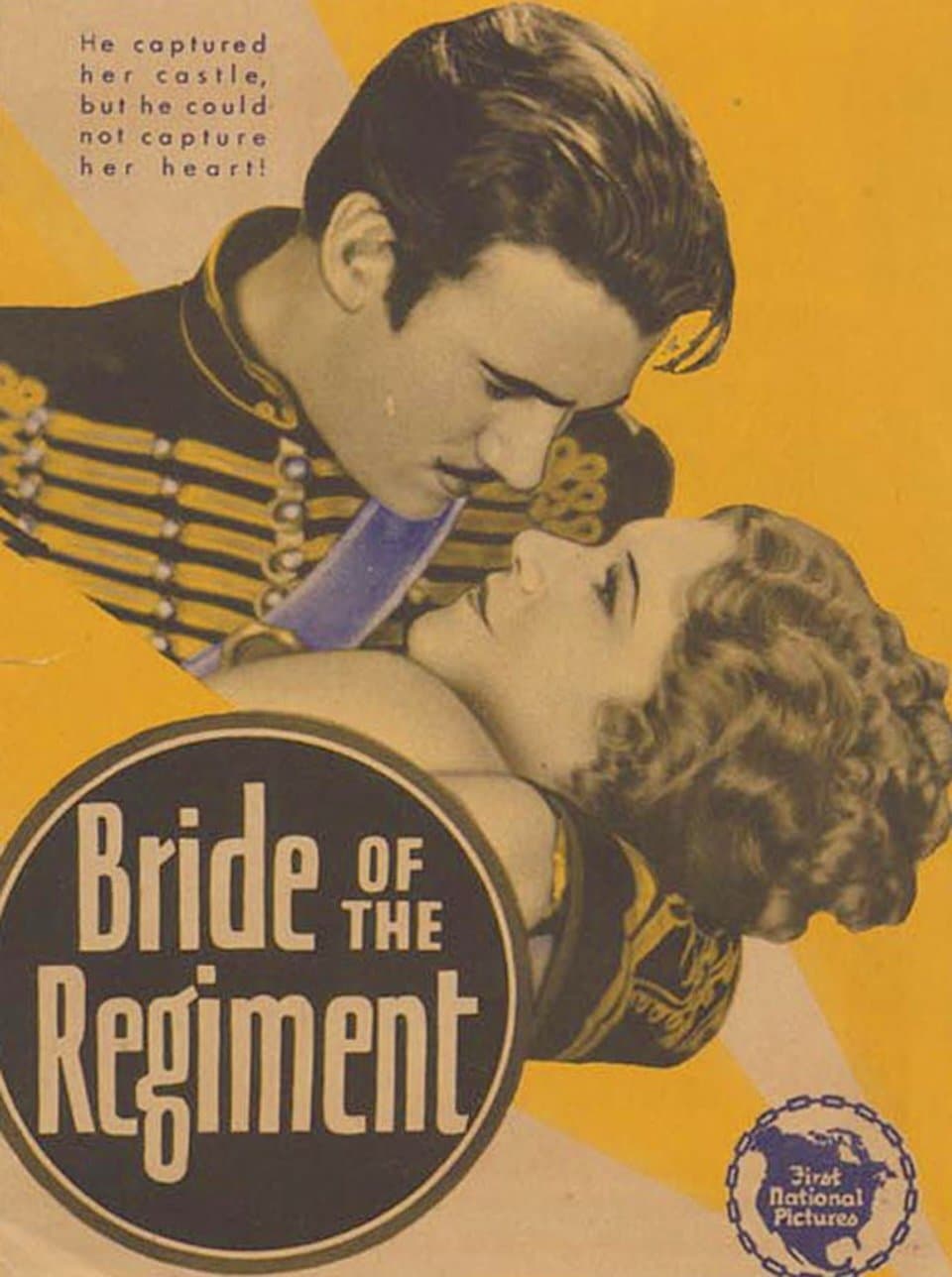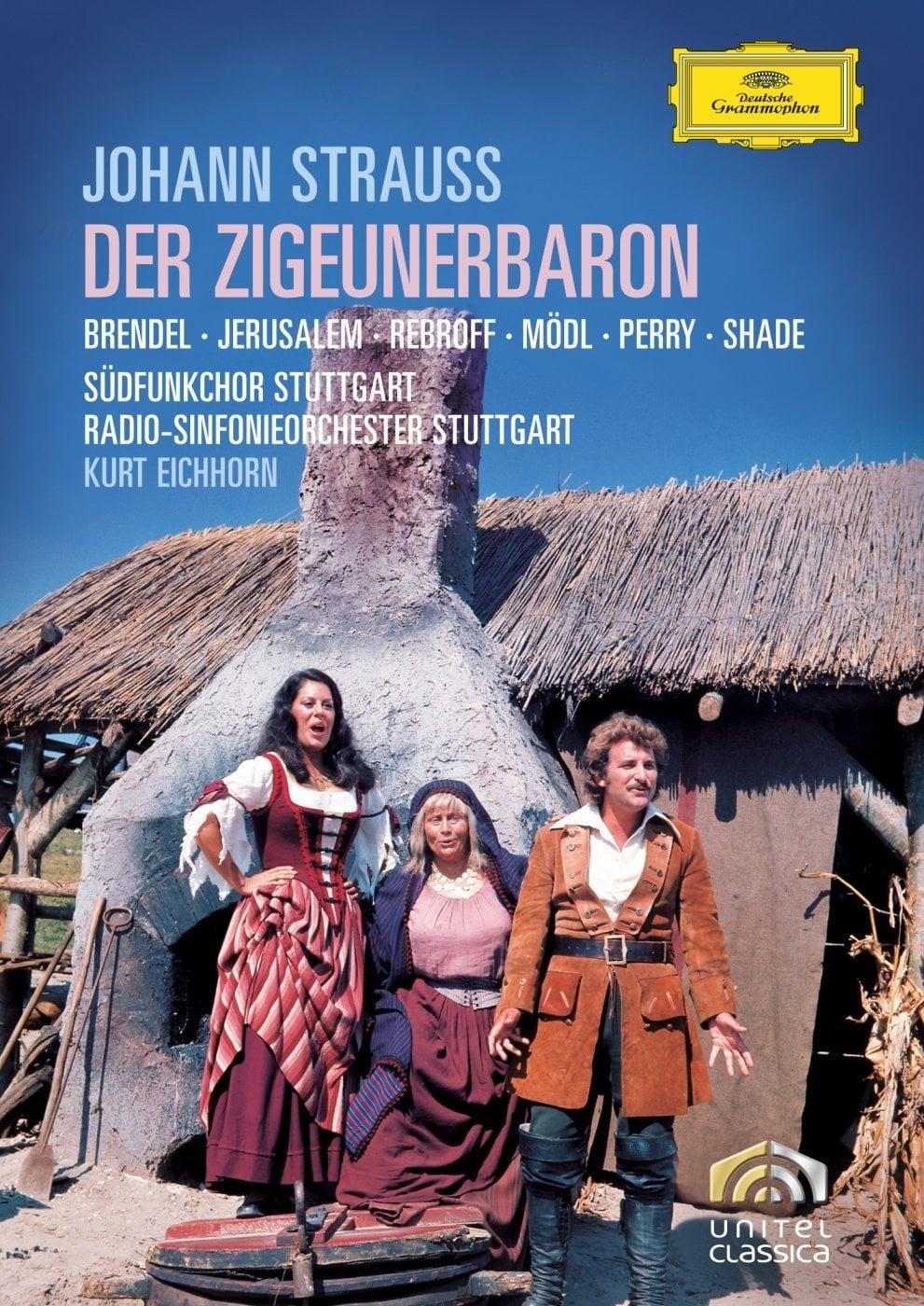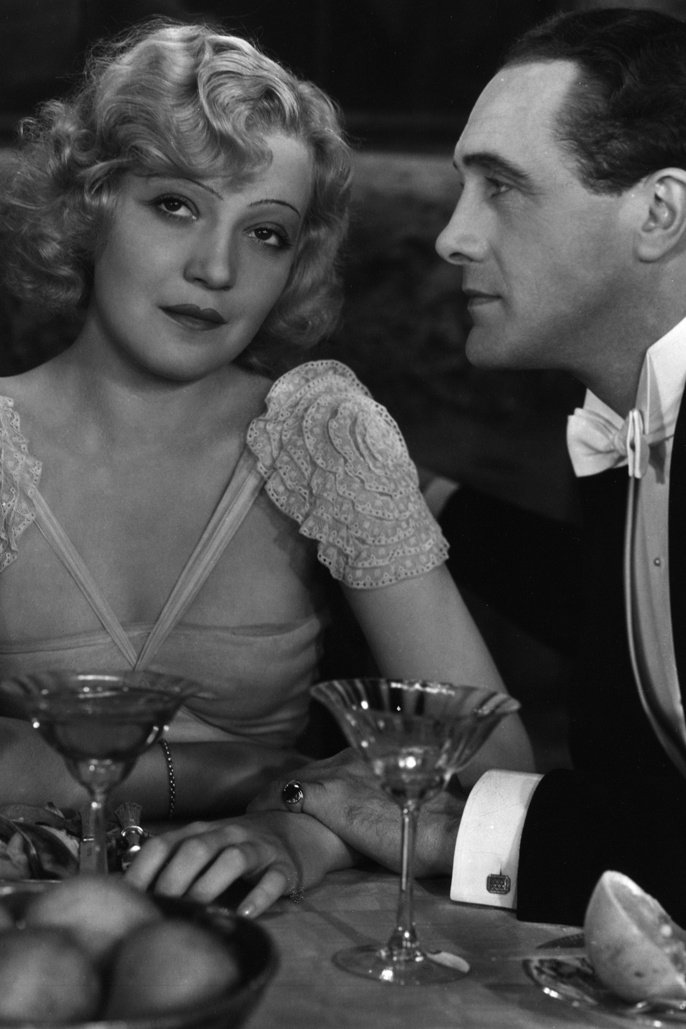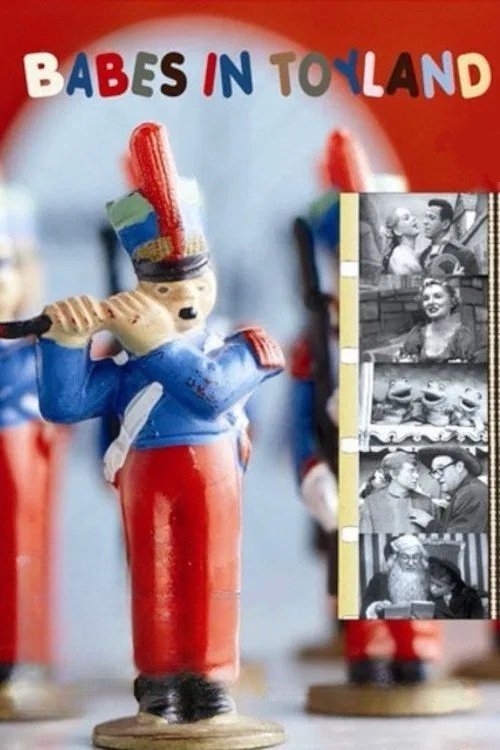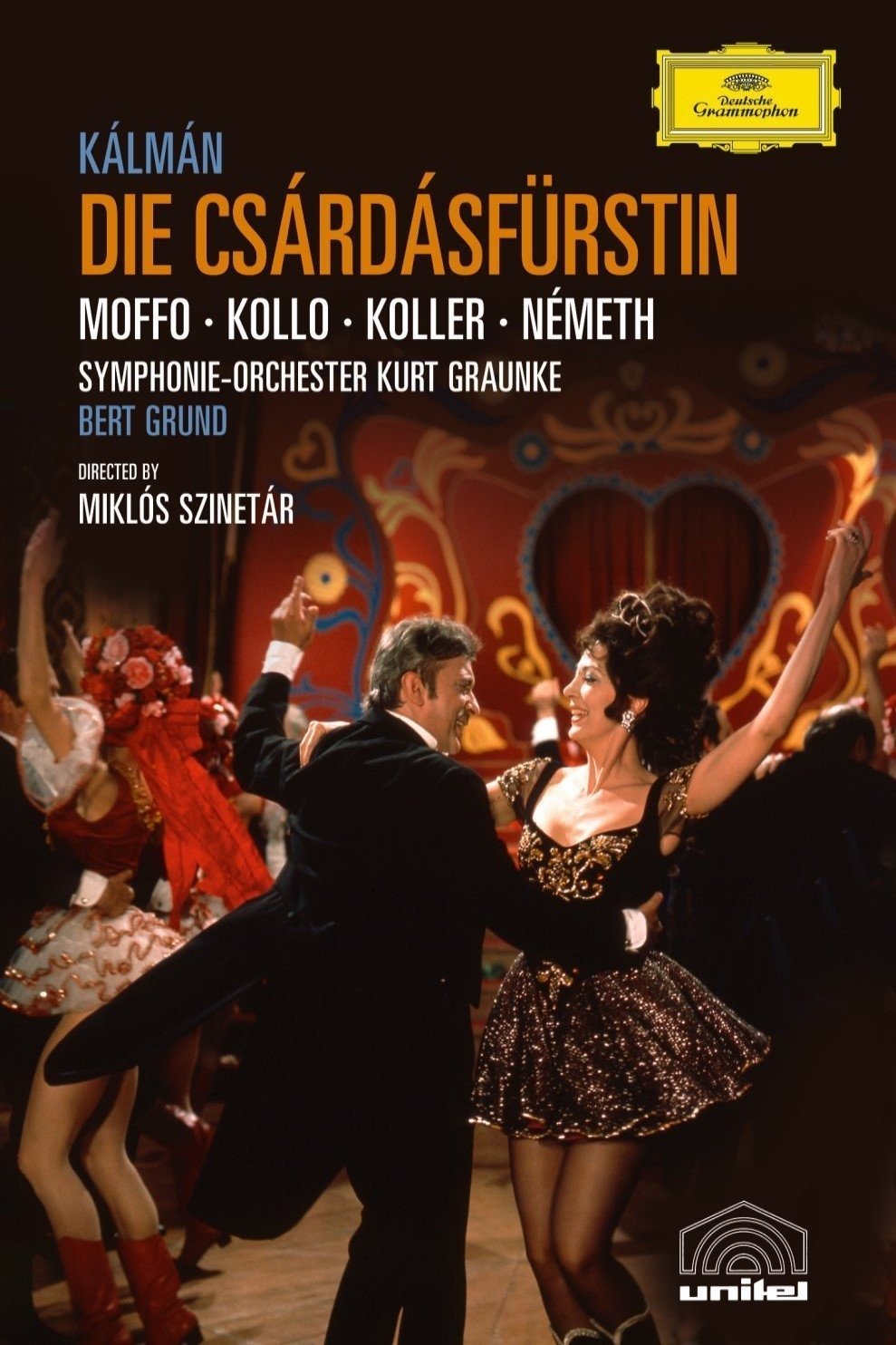
Trebizondská princezna
Watch Movie
Share
Trebizondská princezna
1973
00.0(0 votes)
Music
Comedy
Overview
Links & Resources
Social & External
Production Companies

Cast & Crew
8 members
Acting
Hana Hradilová
Unknown Role
No Image
Acting
Jiřina Hrušková
Unknown Role
No Image
Acting
Ilona Šimandlová
Unknown Role
No Image
Acting
Josef Kobr
Unknown Role
No Image
Acting
Zdeněk Růžička
Unknown Role
No Image
Acting
Otakar Viktorin
Unknown Role
No Image
Acting
Oldřich Pika
Unknown Role
No Image
Acting
Karel Lupínek
Unknown Role
No Image
